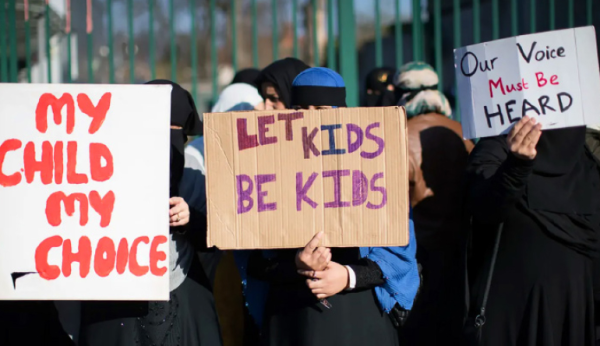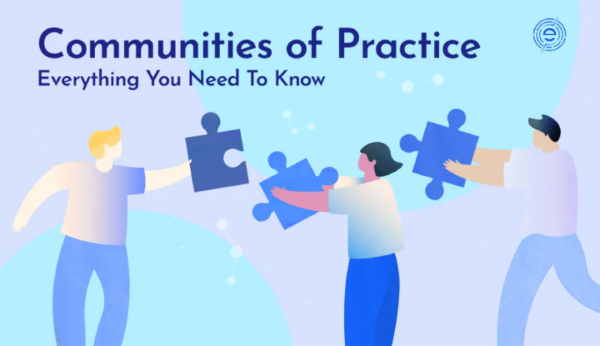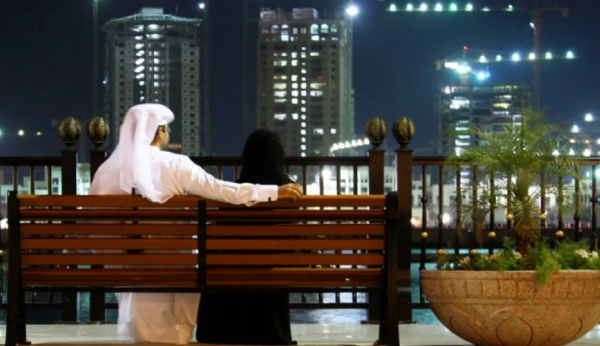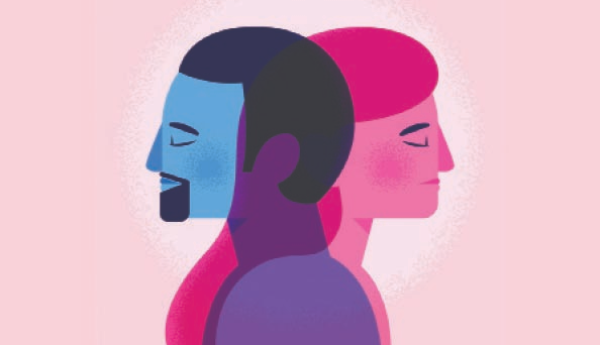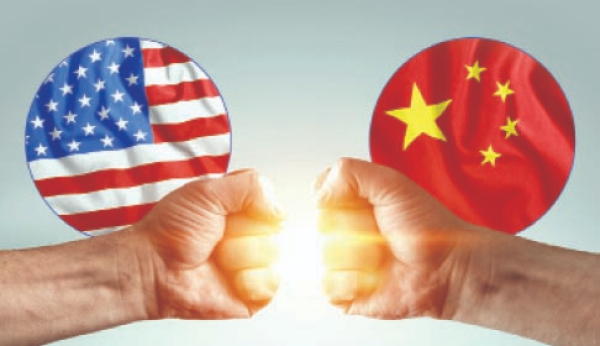A Comparative Review of Discrimination in the Chittagong Hill Tracts Regarding the Protection of Fundamental Human Rights
A Comparative Review of Discrimination in the Chittagong Hill Tracts Regarding the Protection of Fundamental Human Rights
A Comparative Review of Discrimination in the Chittagong Hill Tracts Regarding the Protection of Fundamental Human Rights
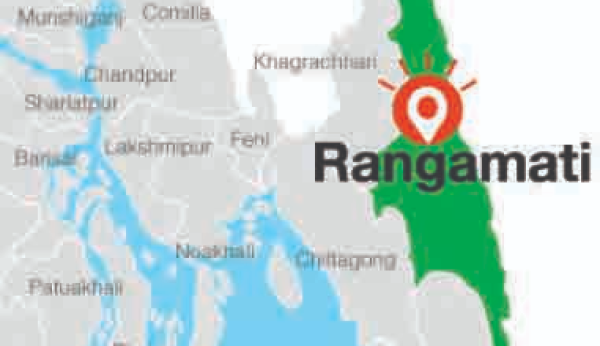
Chittagong Hill Tracts refers to the three districts of the south-eastern part of Bangladesh: Khagrachhari, Rangamati, and Bandarban. These three districts together are called Chittagong Hill Tracts. Although before 1981, the entire territory of these three districts was collectively known as Rangamati—that is, before the creation of Bandarban in 1981 and Khagrachhari district in 1983—this entire region was administratively under Rangamati district. Chittagong Hill Tract is geographically a landlocked area. Tripura state of India borders it to the east, Mizoram state of India to the south, Myanmar to the south, and Chittagong district of Bangladesh to the west. About 10 percent of the entire land area of Bangladesh is included in this region. Chittagong Division has the largest forestland (43%) in the entire country, and most of the forests in Chittagong Division are in Chittagong Hill Tracts. This vast amount of forestland supplies most of the wood demand for the entire country. Moreover, the only gas field in this region called the Semutang gas field is in Khagrachhari district. Rangamati has the Karnaphuli Paper Mill and Kaptai Hydroelectric Station. The contribution of these institutions to the country’s energy and economic sectors is undeniable.
There are thirteen small ethnic groups living in the Chittagong Hill Tracts, including Bengalis. According to the Population and Housing Census 2022, the total population of this region is 18,42,815, of which 50 percent are Bengalis. Minor ethnic groups include Chakma, Marma, Tripura, Murang, Bam, Pankhwa, etc. All the people of this region are citizens of Bangladesh and have been enjoying all the civic benefits provided by the government. Nevertheless, since the country’s independence, at different times, a small section of ethnic groups have been involved in various terrorist activities that have undermined the country’s independence and sovereignty. Some of the prominent terrorist organisations are Parbattya Chattogram Janosonghati Samity (JSS), UPDF, Kuki Chin National Front (KNF), etc. According to a report from 2023 by a renowned national newspaper of the country, “Dainik Somoyer Alo,” at least 38,000 innocent Bengalis have lost their lives at the hands of these terrorist groups till now. Apart from this, there are various crimes, including daily extortion, harassment, rape, and physical injury. These terrorist groups complained that the Bangladesh government has been depriving minorities in the region of various rights. Their aim was to obtain additional benefits for the backward communities. But surprisingly, despite living in a free and sovereign country, they have taken a position against the Bengali citizens of the country living in the Chittagong Hill Tracts! In order to expel the country’s lawful Bengali citizens from this region, they have taken up arms by contesting the state’s sovereignty over independent Bangladesh.
In order to meet these unjust caprices and demands, the Bangladesh government in 1997 signed the “Chittagong Hill Tracts Peace Accord,” including 72 articles and 99 sub-articles with Jotirindra Bodhipriya Larma (Santu Larma), the representative of the “Parbattya Chattogram Janasonghati Somity,” or JSS, the leader of these terrorist groups. . Out of the 99 sub-sections of the agreement, the government has fully implemented 69, 15 are partially implemented, and 15 are in process of implementation. On the other hand, Jana Sanhati Samiti was supposed to implement only two sections, one of which was to surrender all their firearms and the other was to give up terrorist activities and return to normal life. But after so many years of signing the agreement, they have not implemented any of it, and the willingness to implement it is not visible. At times, they are even seen attacking law enforcement and the army. They have also killed several army personnel in the past few years. However, at the time of signing this agreement, the government paid no attention to the implementation of the rights of the 50% of Bengali citizens living in the Chittagong Hill Tracts; rather, the Bengali population of this region has been deprived of various civil rights in comparison to the rest of the country. This deal has degraded Bengali citizens to a second-class status. In addition to the fundamental rights recognized by the country’s constitution, the universal human rights declared by the United Nations are also being denied in some cases. Various discriminations have been seen in the achievement of the rights of Bengalis and minority ethnic groups living in the same region. The remainder of the article provides a comparative picture of this disparity.
Deprivation of basic citizen rights
According to Article 27 of the Constitution of the People’s Republic of Bangladesh, all citizens of the state are equal in the eyes of the law, and according to Article 19, all citizens of the state are equal in terms of rights and opportunities. According to Article 2 of the United Nations Universal Declaration of Human Rights, all human beings are equal in rights and freedoms. There is no scope for discrimination on the basis of geography, caste, religion, or caste. But despite these recognitions, the Bengali citizens of this region enjoy fewer benefits than in other regions of the country. For example, except for the three districts of Chittagong Hill Tracts, any person from any other region of the country cannot lawfully purchase land or conduct business in this territory. However, any citizen of this region’s ethnic minorities has the right to buy and invest in land in any area of the country. It is possible to argue that citizens of the same nation are unfairly adhering to two different sets of rules. Which is not the declared equality in Bangladesh’s constitution, but rather its polar opposite. Citizens of this region cannot enjoy any land-related benefits like those in other regions of the country at will. All the facilities, including Khatian Number, Land Map, and Mauza Map, are available online in all the districts of the country, but the citizens of this region are not under this facility. Even if all the citizens of the country can enjoy all the benefits of digitalization, why can’t the citizens of Chittagong Hill Tracts? However, how will equality be created among the citizens of the country?
Imbalance in the education sector
The country called Bangladesh has been coping with various storms since independence, especially in the field of education. According to UNICEF, the country’s literacy rate after independence in 1971 was just over 16 percent. Currently, the country’s literacy rate is 72.9 percent. Undoubtedly, this is excellent news. Unfortunately, the literacy rate in Chittagong Hill Tracts is only 44%. The most shocking fact is that whereas ethnic minority groups in this region have a literacy rate of 45 percent, Bengalis have a literacy rate of only 23 percent! Only the Chakma ethnic group has a literacy rate of 73 percent, which is higher than the country’s overall rate! However, due to the Chittagong Hill Tracts Peace Accord and quota allocation, ethnic minorities are enjoying more benefits than ordinary citizens. According to statistics from the last ten years, at least 3,108 students from ethnic groups have had the opportunity to enrol in the country’s government universities and medical institutions as a result of the allocation of tribal quotas in admission. On the contrary, the Bengali community of Chittagong Hill Tracts, despite living in the same area and being backward, does not get any such benefits. As a result, they are lagging behind at an alarming rate in the field of education, which is contrary to Article 19 of the Bangladesh Constitution itself. The Chittagong Hill Tracts Development Board, an autonomous organization formed for the development of the Chittagong Hill Tracts, provides a scholarship every year to the students of the region. The Bengali community is also discriminated against in awarding these scholarships. In the last academic year 2021-2022, the “Chittagong Hill Tracts Development Board” provided scholarships to 2183 students, out of whom 1583 were ethnic minorities and only 600 were Bengalis. This is clear discrimination. If we do not ensure equal benefits for the country’s backward Bengali population in this region, we will be undermining the fundamental goal of developing digital Bangladesh. And, without a doubt, these are clear examples of discrimination and violations of the Universal Declaration of Human Rights.
Discrimination in the job sector
According to Article 29 of the Constitution of the People’s Republic of Bangladesh, all citizens of the state shall have equal employment opportunities. However, it can be seen that citizens belonging to minority ethnic groups enjoy different quota benefits in terms of getting appointed to various ministries and offices in the country. Bengalis from these regions are also eligible for this quota if they have previously qualified as citizens of backward regions. However, unlike other ethnic groups, Bengalis do not have quotas; hence, it is clear that Bengalis in this region are falling behind in both the employment and education sectors. Ethnic minorities are also preferred over Bengalis for employment in several government institutions in the hill districts. It is impeding the country’s overall development. There would be a gradual rise in poverty among the Bengali people living here. And poverty will worsen the law-and-order situation. As a result, social and economic development will be hindered.
The present world of the 21st century has become a global village. Various human rights organizations, including the United Nations, are working relentlessly for the implementation of basic human rights all over the world. The Bangladeshi government is also working towards sustainable development and has a variety of objectives, including the five-year plan. At this point, it is absolutely unacceptable to discriminate against the exercise of fundamental and human rights in one region of the country solely on the basis of racial or ethnic distinctions. Otherwise, it will become a major obstacle to building a prosperous Bangladesh for all citizens. Government and human rights organizations should take appropriate initiatives to eliminate this discrimination.
 Rahimul Islam and Md. Shariful islam
Rahimul Islam and Md. Shariful islam 



